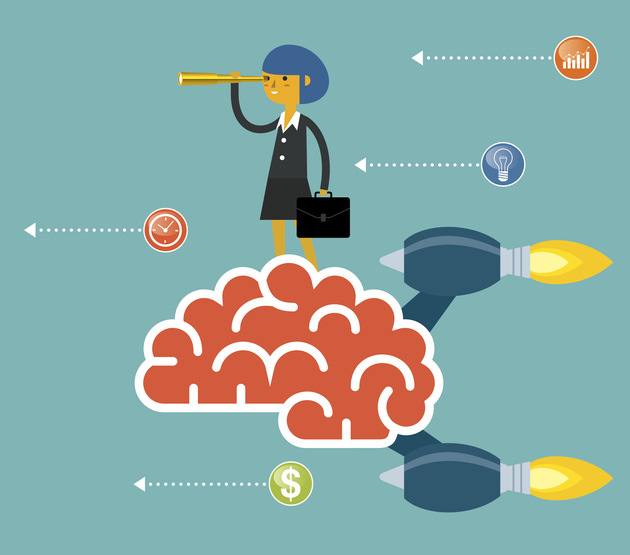
Aware of it or not, we all have “Reference Levels” for all areas of our lives. Our Reference Levels powerfully impact our behavior, our actions or lack thereof.
Reference Levels refer to outcomes in our life or our perceptions about our life. If the outcome, be it our income, the size or location of our home, the car we drive, the partner we have, is satisfactory, we are at or above our reference level, i.e. in a state of compliance. In such a state of satisfaction, we will tend to take no action to change or better the situation, i.e. we conserve or redirect our energy. If our reference levels are violated on the downside, we tend to take action.
Thus, our Reference Levels powerfully motivate us, powerfully impact our actions. Change your Reference Levels, up or down, and your behavior changes automatically. Many of our Reference Levels are set by what we think possible and many self-imposed limitations operate at an unconscious level. Consciously defining and expanding your Reference Levels helps you change your behavior. Reading, observing others, even competitors (If they can do it, why can’t I?) is a powerful way to expand your perception of what is possible for you.
Closing Quotes:
“Think you can, think you can’t, you are right.” – Henry Ford
“The only way of discovering the limits of the possible is to venture a little way past them into the impossible.” – Arthur C. Clarke
“Either push your limits or suffocate in your comfort zone.” – Arun Purang
“Argue for your limitations and sure enough, they’re yours.” – Richard Bach
“One extends one’s limits only by exceeding them.” – M. Scott Peck
“The fears we don’t face don’t become our limits.” – Robin Sharma
As always, I share what I most want and need to learn. – Nathan S. Collier


0 Comments